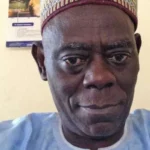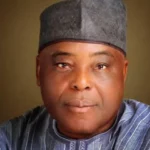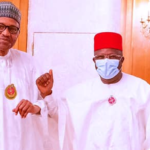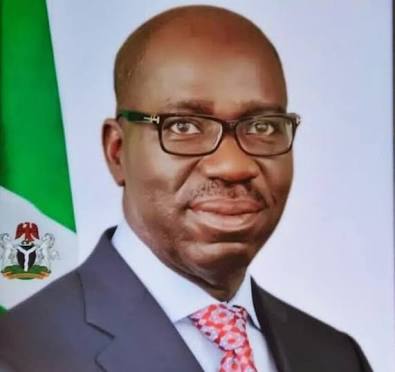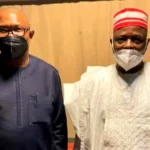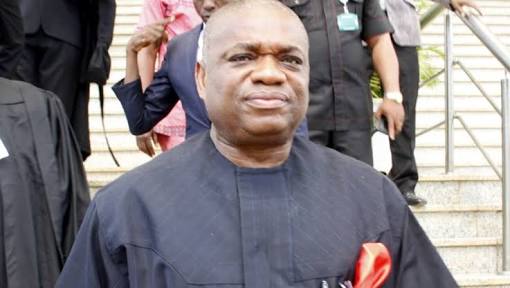The Presidency says the views expressed by Mallam Mamman Daura, President Muhammadu Buhari’s nephew during his BBC Hausa Service interview were entirely personal.
Daura had in the said interview said that “merit and competence and not ‘turn-by-turn’ should be the basis for who becomes the next President of Nigeria”. He said where the person comes from should not be a precondition.
Expectedly, the interview has elicited reactions from socio-cultural organizations including Afenifere and Ohanaeze Ndigbo who not only condemned it but insisted that rotation had become part of the nation’s democratic process that should not be discarded under any guise.
But, in a statement issued by the Senior Special Assistant to the President on Media and Publicity, Mallam Garba Shehu, in Abuja, the presidency said those views did not reflect the view of the president or his administration.
Shehu however noted in the statement that at 80 years and having served as editor and managing director of one of the country’s most influential newspapers, the New Nigerian, Mallam Mamman does not need the permission or clearance of anyone to exercise this right as guaranteed in the Constitution.
He further explained that in an attempt to translate the interview which was granted in Hausa, into English, the context was mixed up and new meanings were introduced and/or not properly articulated.
“We have received numerous requests for comments on the interview granted by Malam Mamman Daura, President Muhammadu Buhari’s nephew to the BBC Hausa Service.
“It is important that we state from the onset that as mentioned by the interviewee, the views expressed were personal to him and did not, in any way, reflect that of either the President or his administration.
“At age 80, and having served as editor and managing director of one of this country’s most influential newspapers, the New Nigerian, certainly, Mallam Mamman qualifies as an elder statesman with a national duty to hold perspectives and disseminate them as guaranteed under our constitution and laws of the land. He does not need the permission or clearance of anyone to exercise this right.
“In an attempt to circulate the content of the interview to a wider audience, the English translation clearly did no justice to the interview, which was granted in Hausa, and as a result, the context was mixed up and new meanings were introduced and/or not properly articulated. “The issues discussed during the interview, centred around themes on how the country could birth an appropriate process of political dialogue, leading to an evaluation, assessment and a democratic outcome that would serve the best interest of the average Nigerian irrespective of where they come from.
“These issues remain at the heart of our evolving and young democracy, and as a veteran journalist, scholar and statesman, Mallam Mamman has seen enough to add his voice to those of many other participants.”
